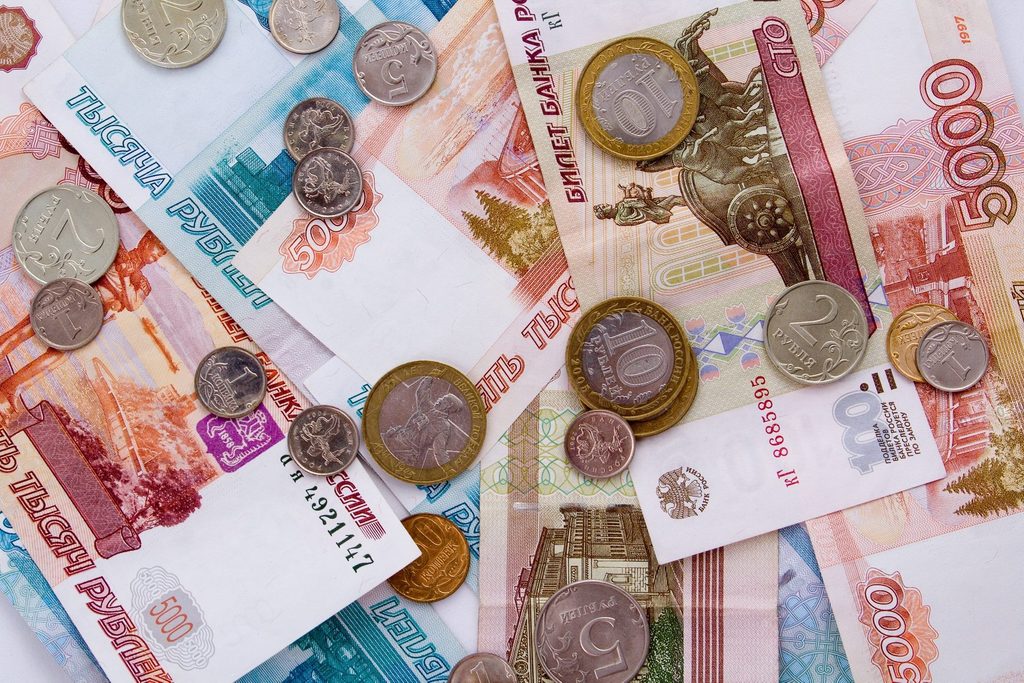Belgium no longer cooperates with Russia on exchanging information relating to money laundering and tax information, reports Forbes Russia, citing information from Belgium's FPS Finance.
Before the start of Russia’s war against Ukraine, Belgian and Russian tax services exchanged financial information to help identify money laundering and terrorist funding. But against the backdrop of sanctions, Russia has been struggling to request this information from European countries.
"Financial information for tax purposes is not transferred to Russia," Francis Adins, a spokesperson for FPS Finance, reportedly told Forbes Russia. It is uncertain when Belgium stopped granting Russian requests for taxation information but Belgium now joins a growing list of countries that no longer cooperate with Russia in relation to money laundering.
The US, Canada, UK, Switzerland, Latvia, Lithuania, Germany, Austria, Poland, Slovakia, Slovenia and Estonia, as well as offshore companies based in Guernsey, Jersey, Maine, and Anguilla no longer honour Russian requests for information.
For its part, the EU has criticised Russia’s resistance to sharing information about the tax status of its citizens. On 14 February, the EU added Russia to a blacklist of jurisdictions that do not cooperate on tax matters.
In theory, tax information-sharing agreements between European countries are still in force, despite Russian President Vladimir Putin’s decree declaring most European countries as “unfriendly”, thereby suspending the vast majority of cooperation agreements. Double taxation agreements allow tax authorities to request specific tax information on individuals subject to taxation in numerous territories.
Related News
- Network accused of laundering millions goes on trial from Thursday
- Belgium's most wanted criminals evade capture
A separate automatic exchange of taxation information also exists under the Common Reporting Standard (CRS). It is believed that Belgium has also stopped sharing information with this system.
Russian authorities should automatically receive and exchange information about the banking details of Russians abroad and of foreigners in Russia. This information includes name, date of birth, ID numbers, addresses, gross income, account balances, addresses, and other information.
If Russia declares that Belgium is not abiding by this automatic exchange, it would mean that transfers to Russian accounts held by Belgians would be made illegal, potentially putting Belgians in Russia in a precarious situation. Switzerland and Canada have already stopped exchanging data through CRS.

